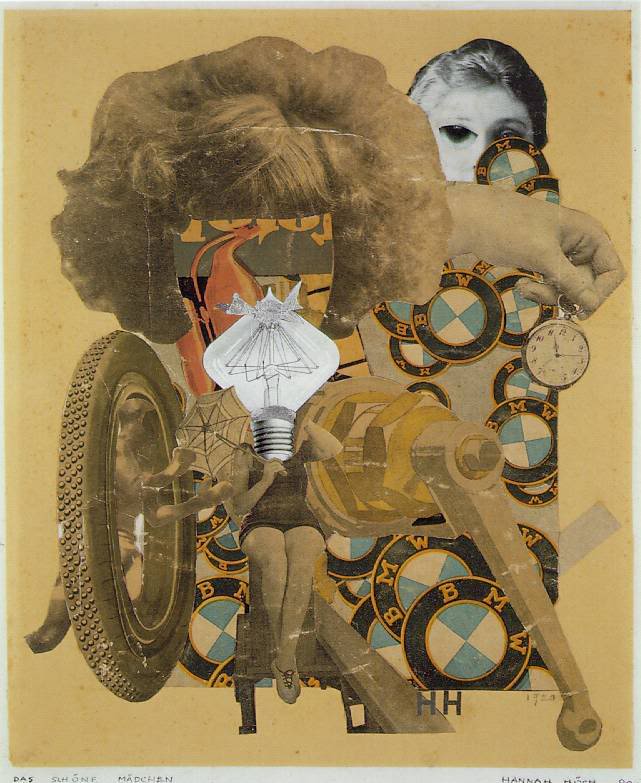
Remarks on Gender | Cinzia Arruzza
We often use the term patriarchy to underscore that gender oppression is a phenomenon not reducible to interpersonal relations, but rather has a more societal character and consistency. However, things become a bit more complicated if we want to be more precise about what exactly is meant by “patriarchy” and “patriarchal system.” And this move becomes even more complex when we begin to ask about the precise relationship between patriarchy and capitalism.
Capitalism and Gender Oppression: Remarks on Cinzia Arruzza’s “Remarks on Gender” | Johanna Oksala
It may not be enough to find new answers to the old question of what is the “organizing principle” connecting patriarchy and capitalism. We may have to pose completely new questions.
The Intersectional Conundrum and the Nation-State | Sara R. Farris
The nation-state could be the lens through which we can try to see the necessity of gendered and racial oppression, alongside class exploitation, as preconditions and not only consequences of capital accumulation.
Closing the Conceptual Gap: A Response to Cinzia Arruzza’s “Remarks on Gender” | FTC Manning
If we are truly committed to a rigorous and unifying theory of capital, we must consider the possibility that race and gender are as logically necessary as class is to the capitalist mode of production.
Logic or History? The Political Stakes of Marxist-Feminist Theory | Cinzia Arruzza
Specifying the relationship between the logical and historical dimensions of capitalism is one of the most controversial problems in Marxist theory, and one about which I am very uncertain. But, as this is the point of contention between Oksala, Farris, Manning and myself, I will address a set of concerns pertaining to this problem which is relevant to the central issues at stake: whether or not we can claim that gender oppression is a necessary feature of capitalism and, if so, at what level of abstraction can we make that claim.
 Viewpoint Magazine
Viewpoint Magazine